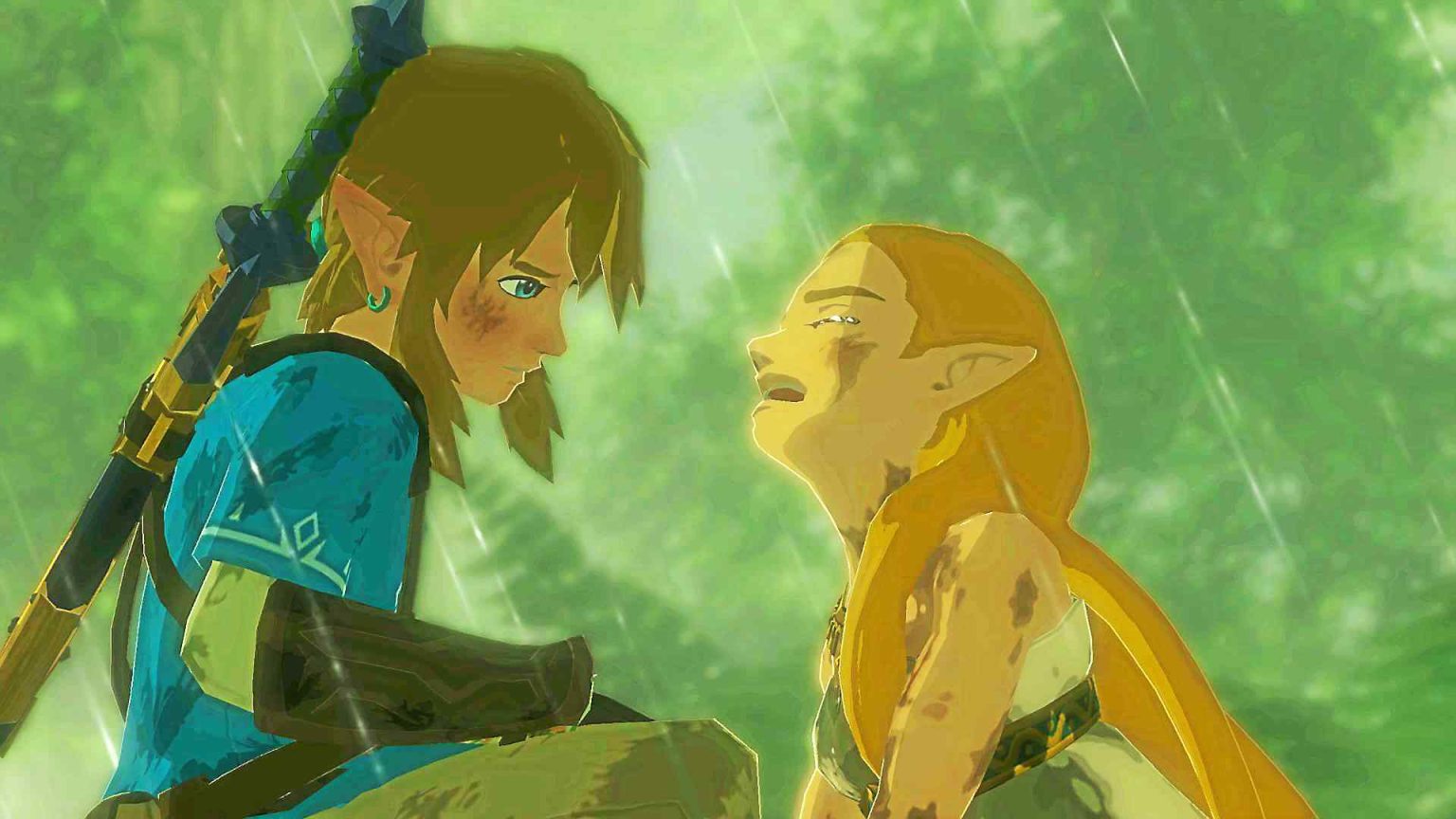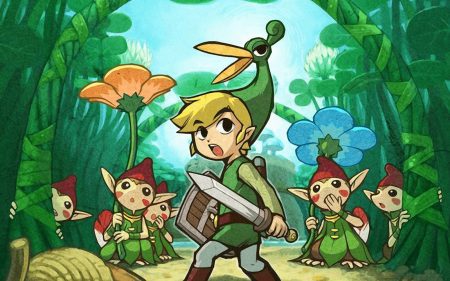Is This What We Want?
For better or worse, a live-action Legend of Zelda film is in the works. Nintendo announced that series creator Shigeru Miyamoto will produce the movie alongside Avi Arad (Spider-Man: Into the Spider-Verse, Iron Man, Venom, Uncharted), with Wes Ball (The Maze Runner, Kingdom of the Planet of the Apes) set to direct. As of this writing, no release date or cast list has been announced.
Following the immense success of The Super Mario Bros. Movie (which, admittedly, turned out better than I anticipated), it should be no surprise that the Big N would turn its gaze toward another one of its vaunted franchises for its future cinematic endeavors. To some, The Legend of Zelda is an obvious choice, given its position as one of the most iconic intellectual properties in the history of the medium. To others, the very notion of a live-action Zelda project evokes concern, as some of the games’ most beloved features might not translate well to film.
As a longtime fan of the series, I certainly have my doubts. While I wouldn’t say a Zelda feature has no chance of being good, I fear those making it would have to compromise on many of the series’ signature qualities to make it work on the silver screen. Even if they didn’t, would it be an entertaining enough story on its own?
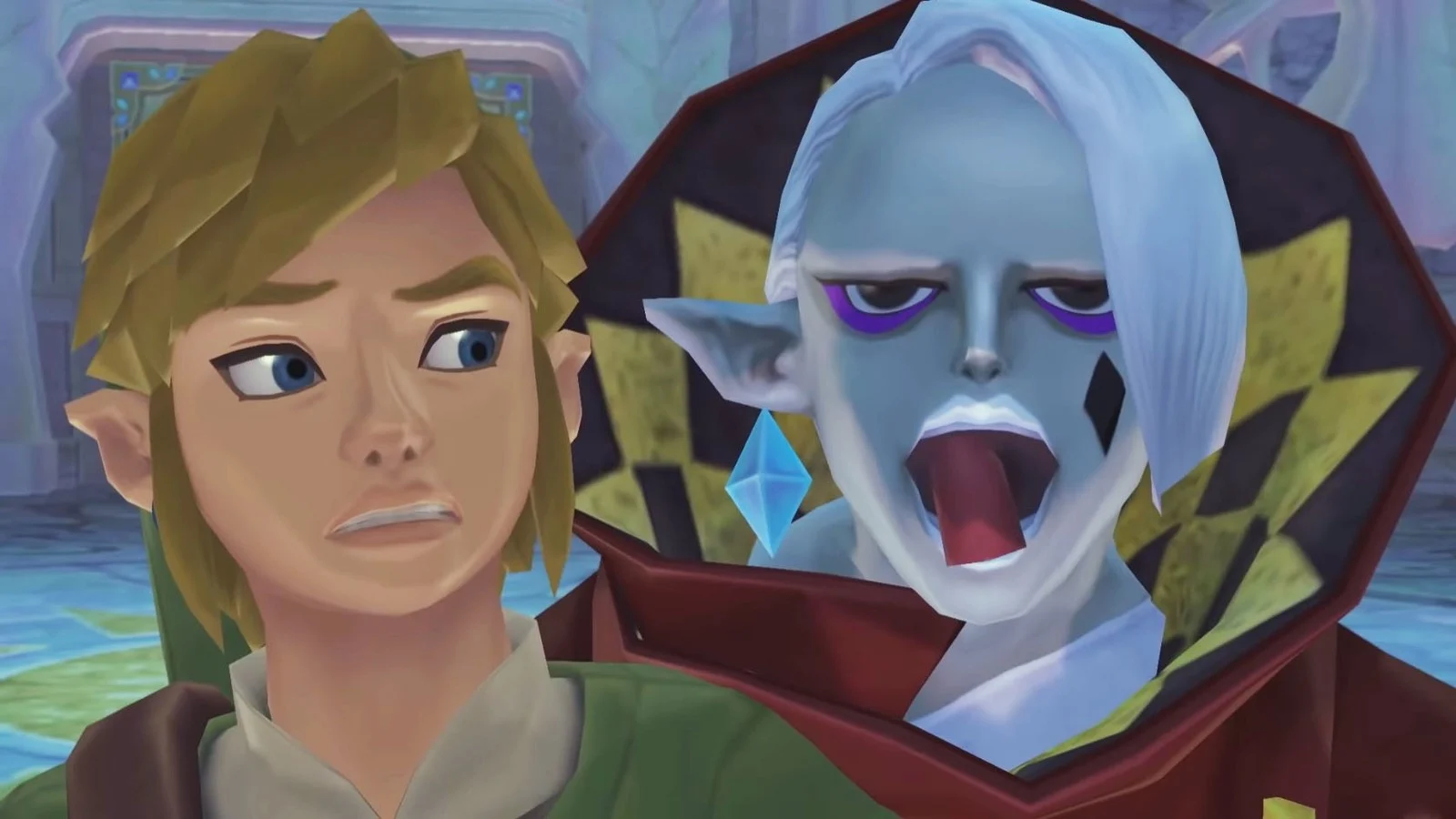
Silence of the Links
The biggest issue that comes to mind when discussing any Legend of Zelda adaptation is that Link, the hero of every Zelda tale, doesn’t really speak in the games. Technically, he answers questions posed to him (typically with simply “yes” or “no” answers), but he doesn’t engage in any meaningful dialogue, nor does any sound come out of his mouth beyond various yells and grunts. Even when the series added voice acting for other characters in Breath of the Wild, Link still kept to himself, signaling that his demure demeanor is a core part of his character.
Obviously, there have been many successful films with a silent protagonist (The Shape of Water comes to mind as a relatively recent example). Yet in most of those cases, the character is deaf or mute and has to communicate in sign language. Typically, such movies explore disability as a core theme or characteristic, but the Zelda games never frame Link’s wordless nature that way; he simply doesn’t talk.
So, how do Miyamoto, Arad, and Ball plan to address this? Will Link be canonically mute? Will he speak normally, and therefore require deeper character writing? Will the movie take a Mad Max: Fury Road approach, and have him able to speak but just not do so particularly often?
Personally, I’ve always felt Link’s lack of a voice is essential to the gameplay experience of every Legend of Zelda title. He experiences everything the way I do. He gazes in wonder when I do. He bristles at horrifying enemies when I do. I am Link, and he is me. The minute he opens his mouth and describes how he feels, that element is lost. That might not be a bad thing for a movie, but it’s certainly something to think about.
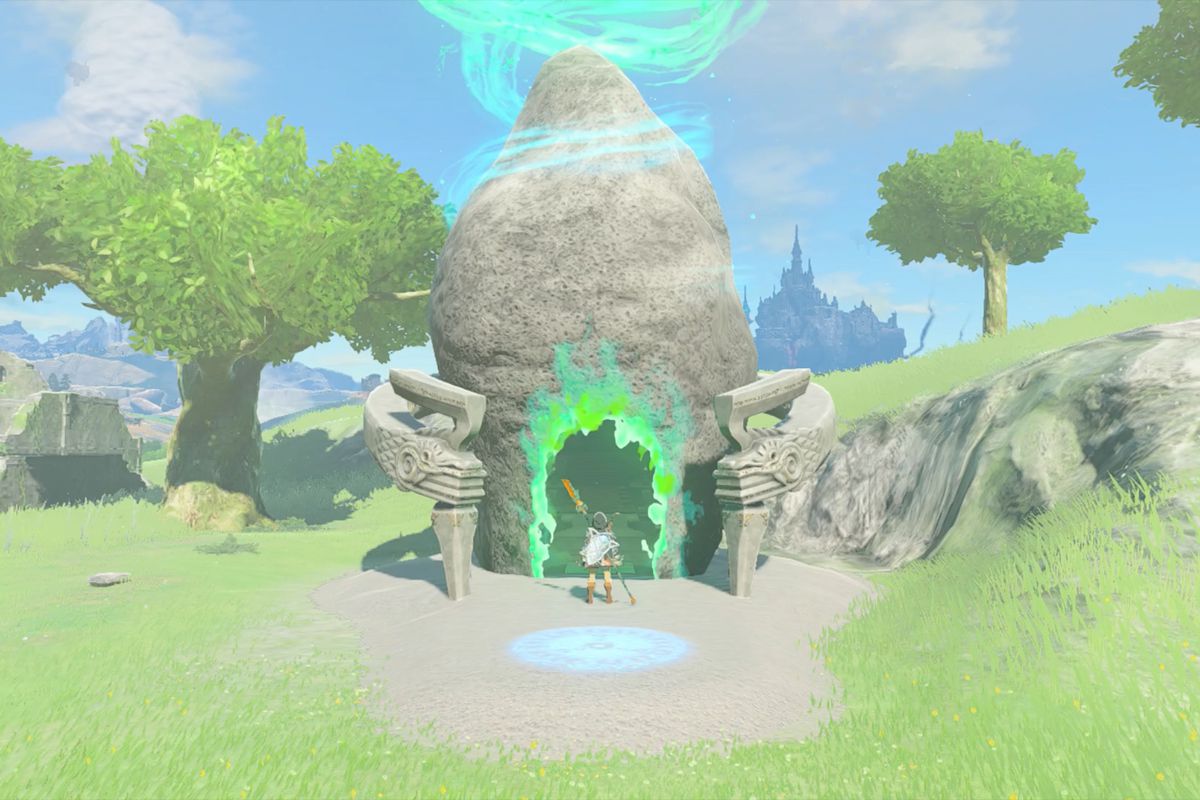
Puzzling Cinema
Another consideration is how well some of the series’ main gameplay elements will translate to film. For example, a major part of Zelda’s eternal grasp on gamers across decades stems from each game’s focus on large, elaborate dungeons, as well as sprawling overworlds with plenty of secrets to find and puzzles to solve. Nintendo probably won’t have Link beat eight temples and get every Piece of Heart in a two-hour movie, but one of the greatest appeals of Zelda is the constant sense of discovery, so they’ll have to find some way to incorporate some of those principles into the film.
Perhaps the movie can take inspiration from Indiana Jones and National Treasure, where some of the best scenes involve characters navigating through traps and decoding various mysteries. That said, a lot of the puzzle solving in The Legend of Zelda involves more than looking at maps and standing in the right places; they require various items, such as the Hookshot and Boomerang, and work best when the player figures out what to do based on context clues and subtle hints.
A film adaptation risks completely losing the “aha!” moments that come with identifying the correct item for every solution. Balancing plot, character development, and world-building will be challenging enough; mixing in the right amount of dungeon challenge and overworld discovery certainly won’t be easy either. How Miyamoto and his team attempt to achieve that balance may ultimately determine how successful this movie can really be in maintaining the essence of Zelda.
A film adaptation risks completely losing the “aha!” moments that come with identifying the correct item for every solution.
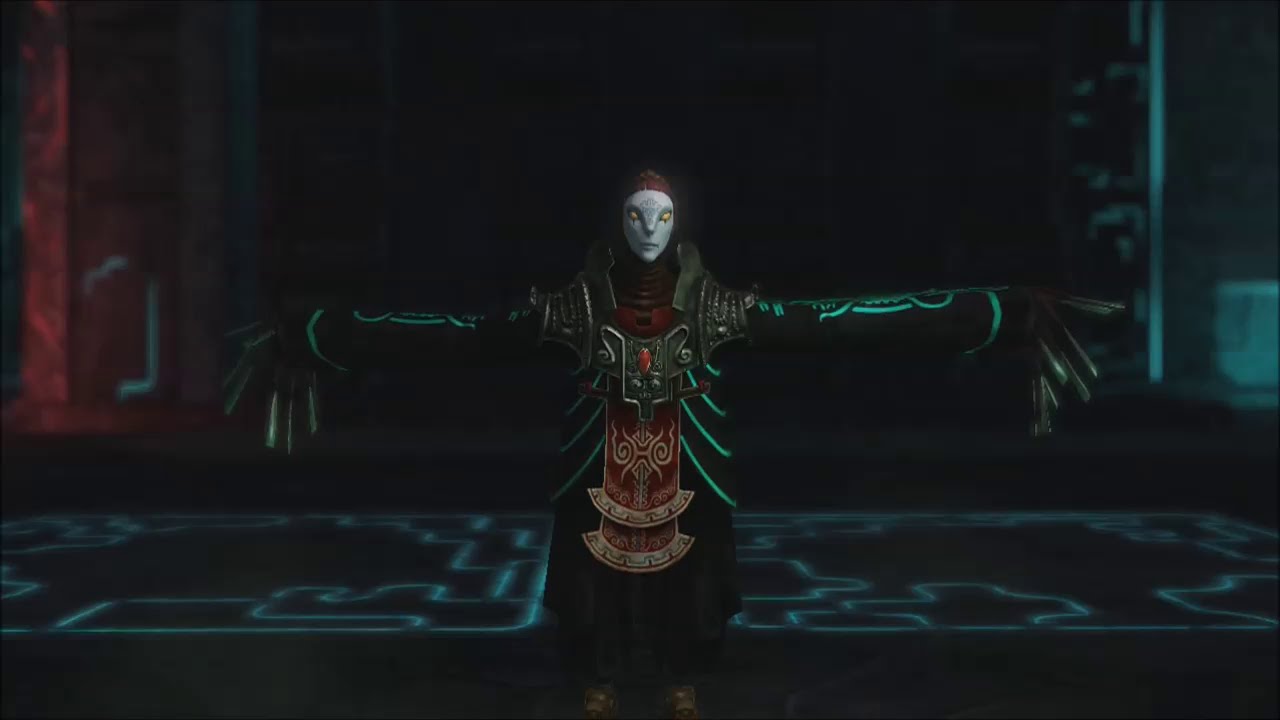
Hookshot a Feeling
To be perfectly honest, I was extremely skeptical of The Super Mario Bros. Movie when it was first announced, and that skepticism remained right up until I actually saw it in theaters. Much to my surprise, I enjoyed it. I particularly loved its voice cast, visual design, and mountain of video game references. The plot was nothing to write home about, but this was a children’s movie first and foremost, and by that standard it succeeded in presenting a fun, colorful, and adorable cinematic experience.
Any Legend of Zelda adaptation, however, cannot simply copy the formula of the recent Mario movie and call it a day. While I wouldn’t call most Zelda plots particularly complex, they absolutely matter to the overall enjoyment of each title in the franchise. Unlike the delightful humor and randomness of a Mario game, Zelda games typically have stronger world-building, with every town, character, and story moment serving a distinct purpose. With a Zelda adaptation, you can’t just coast on silliness and giggles and expect that to resonate.
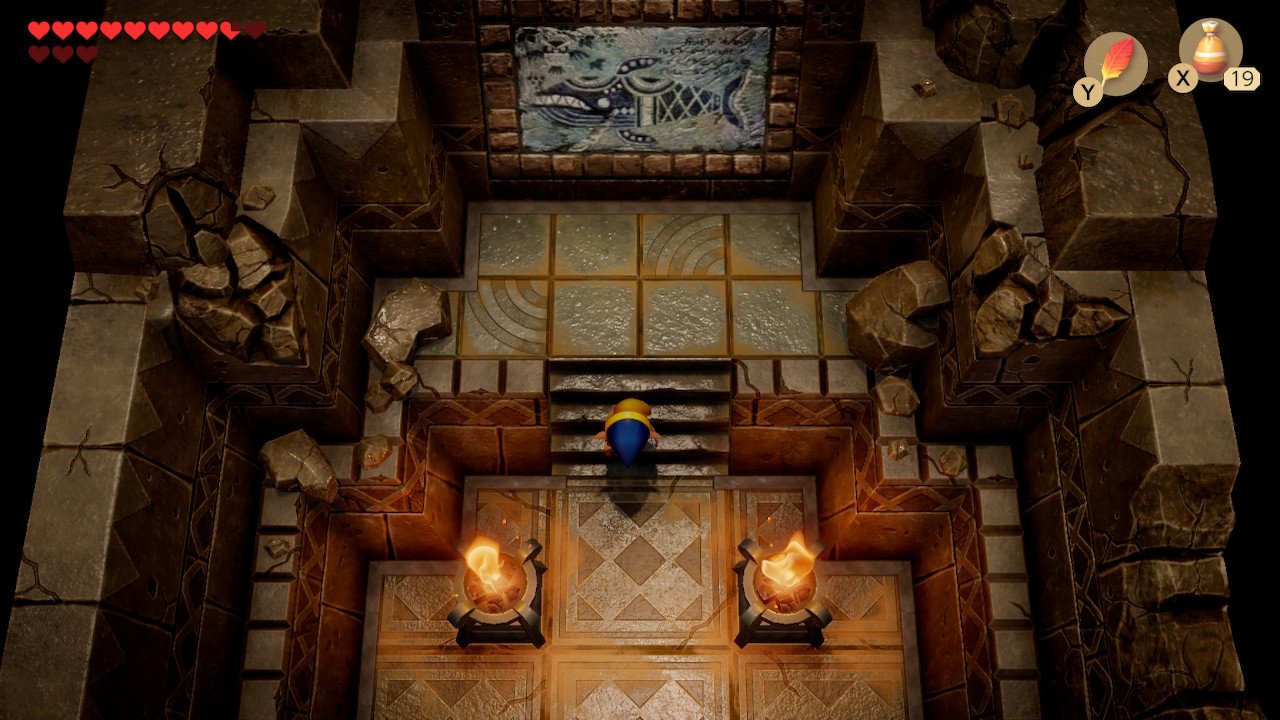
Players adore the charm and whimsy of The Wind Waker, but the bleakness of its narrative backdrop (that Hyrule was flooded and Link is basically living in a post-apocalyptic world) is essential to unlocking the game’s emotional peaks. The dreamworld nature of Link’s Awakening always puts a smile on my face, which is exactly why its dark narrative twist is so emotionally devastating. At its best, a Legend of Zelda story carries both earnest joy and creeping dread, and relegating something like that to a realm of goofy children’s stories would be a waste.
On the flip side, the fact that this film will be a live-action project made by a director specializing in darker stories already indicates the story will need to carry some emotional gravity. But that comes with another risk: Will the Legend of Zelda movie be too dark?
With a Zelda adaptation, you can’t just coast on silliness and giggles and expect that to resonate.
If it aims to emulate the vibes of Twilight Princess, will Wes Ball remember to include a charming sidekick like Midna and funny supporting characters like Fyer and Falbi? If the film draws inspiration from Majora’s Mask—the saddest, most depressing game in the whole series—will it also contain the lighter side of Termina, from cheerful Gorons to a Zora rock band? Again, achieving the right balance is paramount to a Zelda film’s success, and I hope Miyamoto and company understand that.

Final Thoughts
Given the immense popularity of the Zelda franchise and the never-ending chokehold it has on broader video game discourse, many more questions remain. Will the film have a brand new plot, or stick to something recognizable, such as Ocarina of Time or Breath of the Wild? Will the movie depict Link as a child, an adult, or both? Will Link wear his iconic green cap, or will such a thing look ridiculous in live action? Will Chris Pratt somehow be involved?
To reiterate: Despite my skepticism, I’m not 100% convinced a live-action Zelda movie will fail. Arad and Ball have a plethora of material from which to create something truly magical, and Miyamoto’s involvement suggests production won’t be rushed to make arbitrary deadlines.
Still, my fear with this project (and nearly any video game adaptation) is twofold: that it might fail to capture the most captivating elements of the source material, and that it might focus more on hackneyed fan service rather than actually crafting a cohesive, compelling story. The Super Mario Bros. Movie was decent enough for what it was, but a successful Legend of Zelda film can’t just coast on silliness and giggles.
Time will tell how everything turns out, but the concerns of fans and cinephiles alike can’t be discounted.
Sam has been playing video games since his earliest years and has been writing about them since 2016. He’s a big fan of Nintendo games and complaining about The Last of Us Part II. You either agree wholeheartedly with his opinions or despise them. There is no in between.
A lifelong New Yorker, Sam views gaming as far more than a silly little pastime, and hopes though critical analysis and in-depth reviews to better understand the medium's artistic merit.
Twitter: @sam_martinelli.


